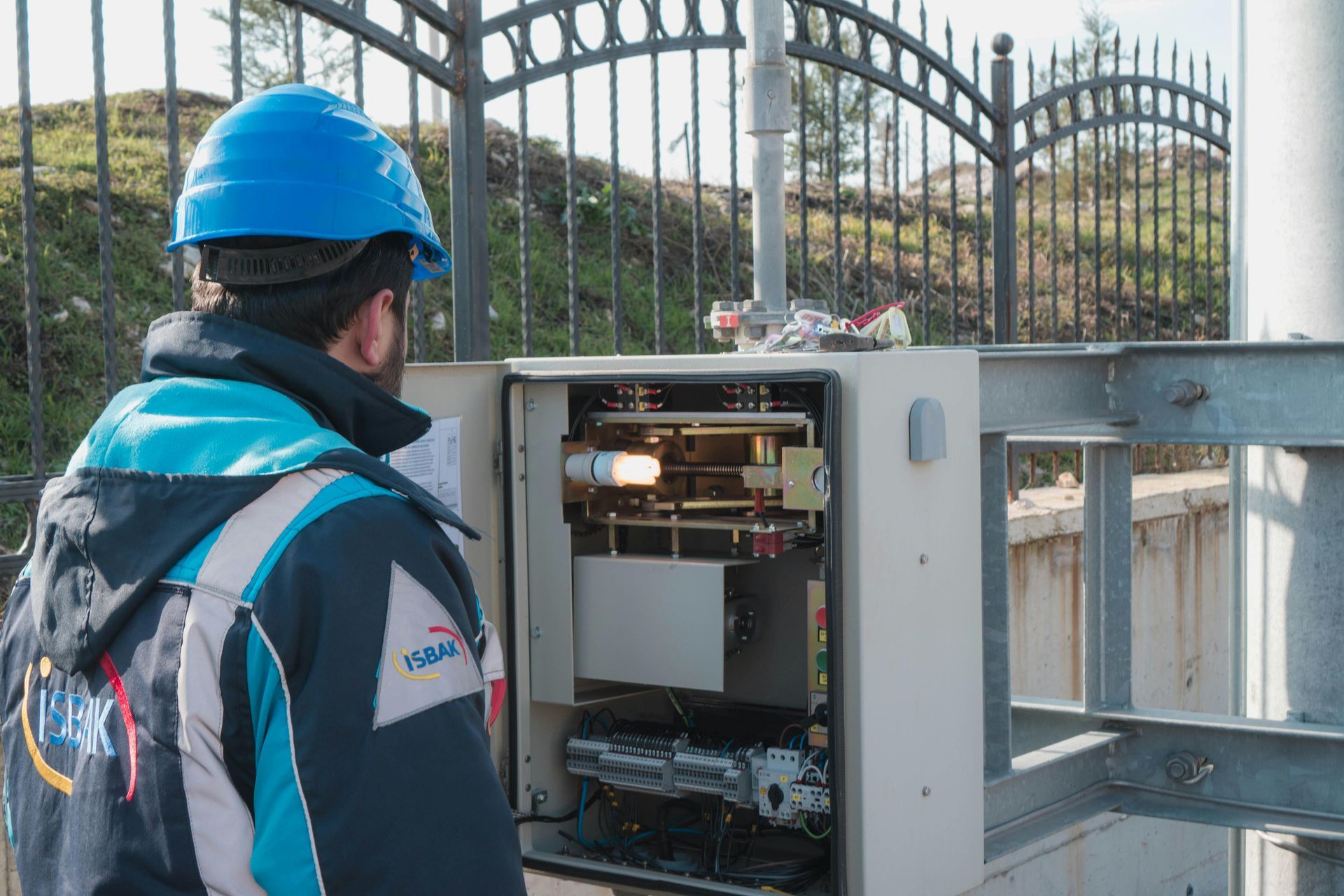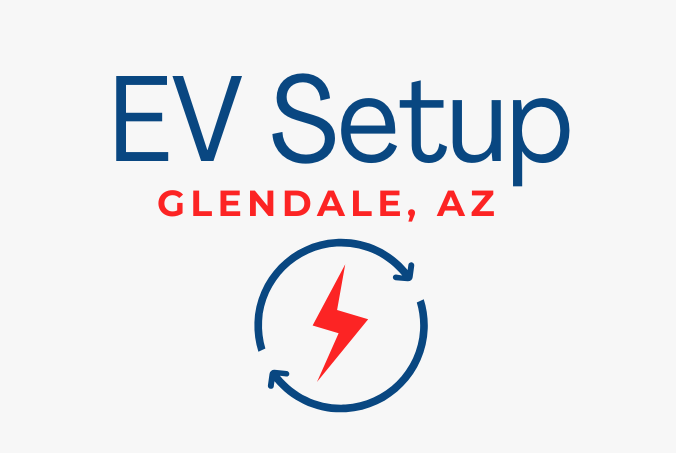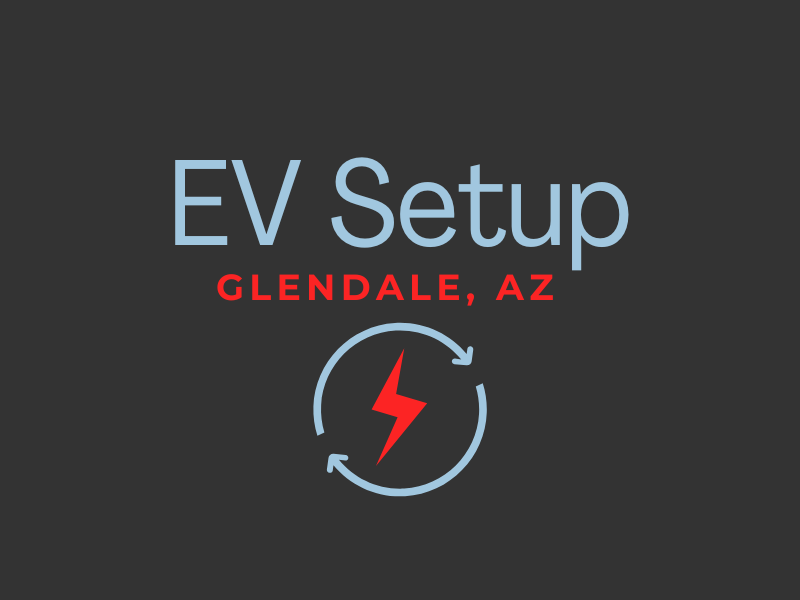How can I verify if an electrician is qualified to install an EV charger
To verify if an electrician is qualified to install an EV charger, consider the following steps:

Check for Proper Licensing
When hiring an electrician for your EV charger installation, it's essential to ensure that they hold a valid state electrical license, as this confirms they have the necessary training, skills, and experience to perform the job safely and correctly. In addition to a general electrical license, some states may require electricians to obtain specific certifications for electric vehicle (EV) charger installations. These specialized certifications ensure the electrician is well-versed in the unique requirements and safety protocols associated with installing EV charging equipment. Verifying that your electrician meets these licensing and certification requirements not only protects your investment but also ensures compliance with local regulations and standards, helping to maintain the warranty and safety of your EV charging system.
Verify EV Charger Installation Experience
- Ask about their specific experience with EV charger installations.
- Request references or examples of previous EV charger installations they've completed.
Look for Specialized Training
- Inquire if they've received any specialized training or certifications for EV charger installation.
- Some manufacturers offer training programs for electricians.
Check for Insurance and Bonding
- Ensure the electrician is properly insured and bonded to protect you from liability.
Ask About Code Compliance Knowledge
Before hiring an electrician for your EV charger installation, it is crucial to verify their familiarity with local electrical codes and regulations specific to EV charging systems. Local codes can vary significantly depending on the region, and understanding these nuances is essential for a safe and compliant installation. An electrician who is well-versed in local regulations will ensure that your EV charger is installed according to all relevant safety standards, reducing the risk of electrical hazards such as short circuits, shocks, or fires. Compliance with local electrical codes is also often a requirement for maintaining manufacturer warranties and for passing inspections during property sales. By choosing an electrician who understands these specific regulations, you safeguard both your investment in an EV charging station and the safety of your home.
Inquire About Safety Protocols
When selecting an electrician for your EV charger installation, it is important to ask about their safety procedures and protocols. A qualified electrician should have a comprehensive understanding of the safety measures required for installing EV chargers, including proper grounding, circuit protection, and adherence to local electrical codes. Discussing their approach to safety ensures they take the necessary precautions to prevent potential hazards such as electrical shocks, short circuits, or fires. Electricians with established safety protocols are more likely to deliver a reliable installation that complies with industry standards, protecting both your property and your investment in the EV charging equipment. Prioritizing safety not only helps maintain the integrity and longevity of your charger but also ensures peace of mind for homeowners.
Review Their Understanding of EV Charging Technology
- Assess their knowledge of different types of EV chargers and their specific requirements.
Check Professional Affiliations
- Look for memberships in professional organizations related to electrical work or EV technology.
Evaluate Their Assessment Process
- A qualified electrician should conduct a thorough site assessment before installation.
Ask About Warranty and Support
- Inquire about any warranties they offer on their installation work.
- Check if they provide ongoing support or maintenance services.
Verify Their Ability to Obtain Permits
- Ensure they can handle the necessary permitting process for the installation.
Check Online Reviews and Ratings
- Look for customer feedback specifically related to EV charger installations.
By following these steps, you can better assess whether an electrician is qualified and experienced in EV charger installations, ensuring a safe and compliant setup for your electric vehicle charging needs.

